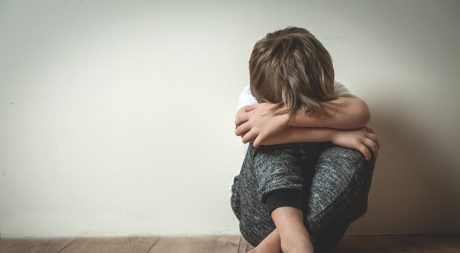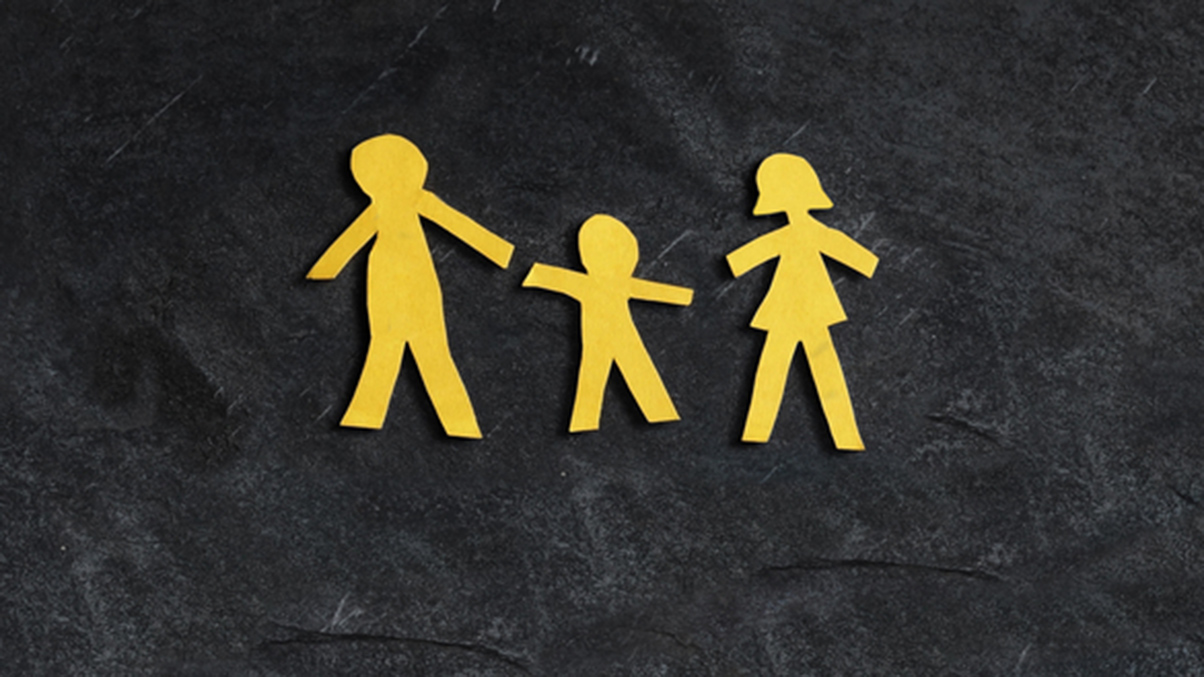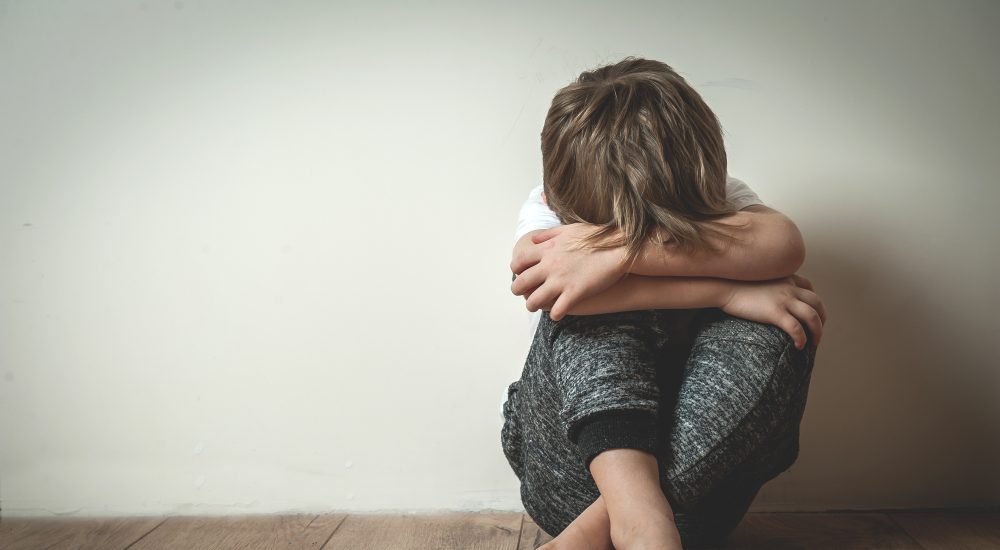Professor Ben Hine from the University of West London recently conducted extensive research into parental alienating behaviours focusing on their prevalence, impact and the intricate dynamics involved.
In this article, paralegal Josie Hillier sets out some of the key points from the research and considers the recent guidance for the family court when dealing with allegations of alienating behaviours by a parent.
What is meant by “parental alienating behaviours” (“PABs”)?
The University of West London research describes parental alienating behaviours as “actions that are taken when one parent tries to harm the relationship between their child and the other parent.”
As the research highlights, abusive behaviours have been widely documented in the context of separation. Further, parents have reported the use of children as a “conduit for abuse”, given that children represent a reason for ongoing contact between former partners.
Examples of alienating behaviours include threatening to remove or disrupt contact or denigrating the ‘targeted’ parent. Such behaviours represent coercively controlling forms of abuse, which has become known as ‘parental alienation’ and usually occurs when parents are engaged in high-conflict separation. Typically, this will take the form of a child unjustifiably resisting or refusing contact with a parent based on the other parent’s behaviour.
Key points from the research
In a comprehensive survey involving over 1,000 separated or divorced parents in the UK, Professor Hine examined the prevalence and effects of parental alienating behaviours. The study included the following findings:
- High incidence of PABs: approximately 39.2% of participants reported experiencing PABs when asked directly. However, when specific behaviours were assessed, this figure rose to 59.1%, indicating that such behaviours are more widespread than initially perceived. The existence of PABs was also linked to other forms of domestic abuse.
- Mental health consequences: individuals subjected to PABs exhibited higher levels of post-traumatic stress disorder (PTSD) symptoms, depression and suicidal thoughts, highlighting the severe psychological toll of these behaviours.
Considering all this, Professor Hine proposed a comprehensive two-fold plan to address the detrimental effects of PABs on mental health. This strategy emphasises both enhancing mental health support and increasing public awareness.
- Enhancing mental health support: to mitigate the psychological impact of PABs, Professor Hine advocates bolstering mental health services through:
- professional training – equipping mental health practitioners with specialised training to identify and address issues stemming from PABs.
- support groups – establishing platforms where affected individuals can share experiences and receive peer support.
- family counselling – providing therapeutic interventions tailored to families dealing with PABs to promote healing and reconciliation.
- involvement of schools and legal systems – engaging educational institutions and the judiciary to recognise and appropriately respond to cases involving PABs.
- Raising public awareness: the second component focuses on societal education to prevent and counteract PABs:
- awareness campaigns – implementing large-scale initiatives to inform the public about the existence and consequences of PABs.
- societal stance against PABs – encouraging collective opposition to alienating behaviours through informed understanding.
In his research, Professor Hines concludes that PABs are widespread and complex. He comments that such behaviours deeply affect mental health and often co-occur with other harmful behaviours. The report concludes that “recognising the scale of the problem demands a multi-prolonged approach: a) fostering increased community support for separating couples, b) instigating amendments concerning parental responsibilities, and c) initiating system reforms to allow for the identification of this type of abuse and the necessary safeguarding measures.”
Guidance in dealing with allegations of alienating behaviours
Fiona Porter, an associate in the Divorce and Family Children team, recently examined the guidance for the courts in dealing with parental alienation allegations.
Fiona noted the decision in Re C (Parental Alienation: instruction of expert) [2023], where a mother had her children removed from her primary care to their father on grounds of parental alienation. She was unsuccessful in appealing the decision. This sparked much debate and controversy, in particular surrounding the instruction of ‘unregulated’ experts in children proceedings.
Following this case, the Family Justice Council (FJC) published guidance in December 2024 on responding to a child’s unexplained reluctance, resistance or refusal to spend time with a parent and allegations of alienating behaviour. The guidance draws together best practices and the law as it currently stands. This new guidance should assist the court in navigating the existing system, keeping the welfare of a child at the forefront where allegations of parental alienation are made. Ultimately, the goal is to improve welfare decisions, outcomes and protection of children and families.
The intersection of Professor Hines’s findings and the present legal concerns highlights a critical need to address the prevalence of parental alienating behaviours and how the family justice system deals with such allegations.
Janis James, the CEO of Good Egg Safety, notes action is needed to prevent “worsening outcomes for children”. She goes on to say: “This is a massive public health issue, a legislative issue and a child protection issue… one in five children and young people have a probable mental health disorder, we’re marching to an abyss in mental health.”
Looking forward
The FJC guidance aims to improve the protection and welfare of children, ensuring they are not unfairly manipulated or placed in a harmful situation where allegations of parental alienation are made. It promotes fair, evidence-led decisions that prioritise stability, emotional well-being and the child’s right to a meaningful relationship with both parents where appropriate. The findings of Professor Ben Hine’s research highlight the serious and lasting psychological effects PABs have on both children and the targeted parent. There is an obvious greater need for legal recognition of PABs and stronger interventions to protect children from emotional harm.
Rosie Stewart, a senior associate in the Children team, comments: “Research which looks to understand the lived experiences of children of separated and divorced parents is always welcome as a means by which the family court and legal practitioners can work more effectively to support these children and achieve better outcomes on their behalf in accordance with their best interests.”
You can find further information regarding our expertise, experience and team on our Divorce and Family pages.
If you require assistance from our team, please contact us or alternatively request a call back from one of our lawyers by submitting this form.
Subscribe – In order to receive our news straight to your inbox, subscribe here. Our newsletters are sent no more than once a month.






